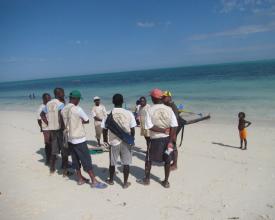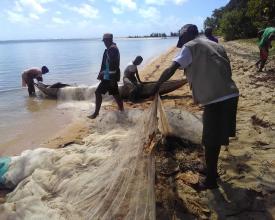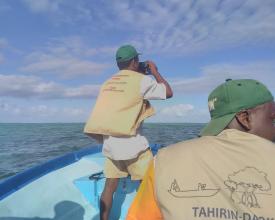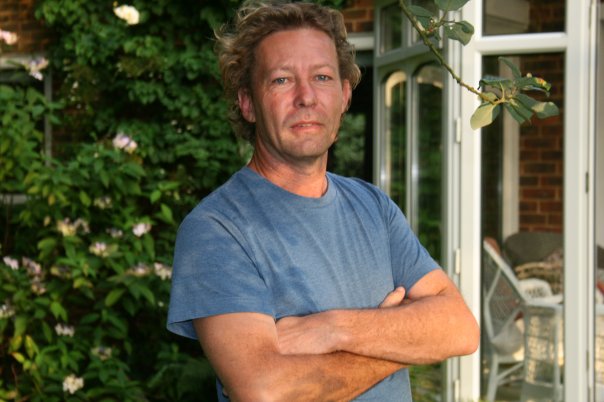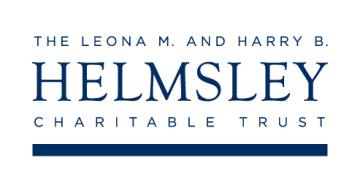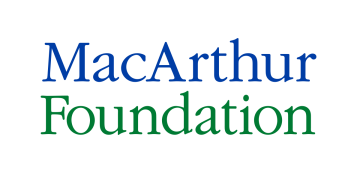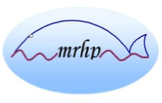
Responsible control and monitoring for a sustainable management of fisheries and marine resources

Responsible control and surveillance aims at reducing threats and pressures while maintaining the integrity of the targeted sites. The approach has two components: (i) community control and surveillance (CCS), (ii) joint control with local and national authority (including representatives from the department of Fishery Control and Surveillance at the Ministry of Fisheries).
At each site, CCS members implemented weekly patrols to ensure law enforcement based on social conventions – named Dina - and MPA regulations. CCS members are equipped with canoe, binoculars, and uniforms; they use Cybertracker, a component of Spatial Monitoring and Reporting Tools that gives on time the date, the location and types of offenses CCS members have faced. A protocol is generated for each patrol.
Based on the analysis of CCS reports, joint patrols are organized in case of important and repeated offences. Joint patrol members are entitled to arrest and seize illegal fishing gears.
Impacts
Thanks to this approach, in 2016, illegal gears were confiscated and burnt: 4 beach seines, 50 nets with too small mesh size in Mananara Antogil Bay, and 64 scuba tanks used for sea cucumber hunting in Ankarea MPA. Offenders have been arrested and awareness of fisheries regulations among fishermen has been reinforced.
Thus, there is a decrease in offenses during the past three years. Use of illegal gears has decreased, local fishermen respect fishing zones and fishing calendar, in Ankarea and Ankivonjy MPAs the objective of « zero offense » has been achieved in late 2016. Moreover, the local association has been able to cover part of their operating cost thanks to the fines they received from the offenders. With increased rule compliance of fishing zones and seasons, fishermen have noticed an increase in capture, mainly through larger octopus. We are currently analyzing the relation between offenses and the wealth of marine biodiversity using the results of periodical ecological monitoring.
There is also an increased ownership and commitment of the local community in implementing control and surveillance once they saw the benefit from it. Joint control has incredibly improved the standing of the community co-manager of marine resources with their peer, authorities and partners. Such success has raised interest of other partners such as the MIHARI network.
